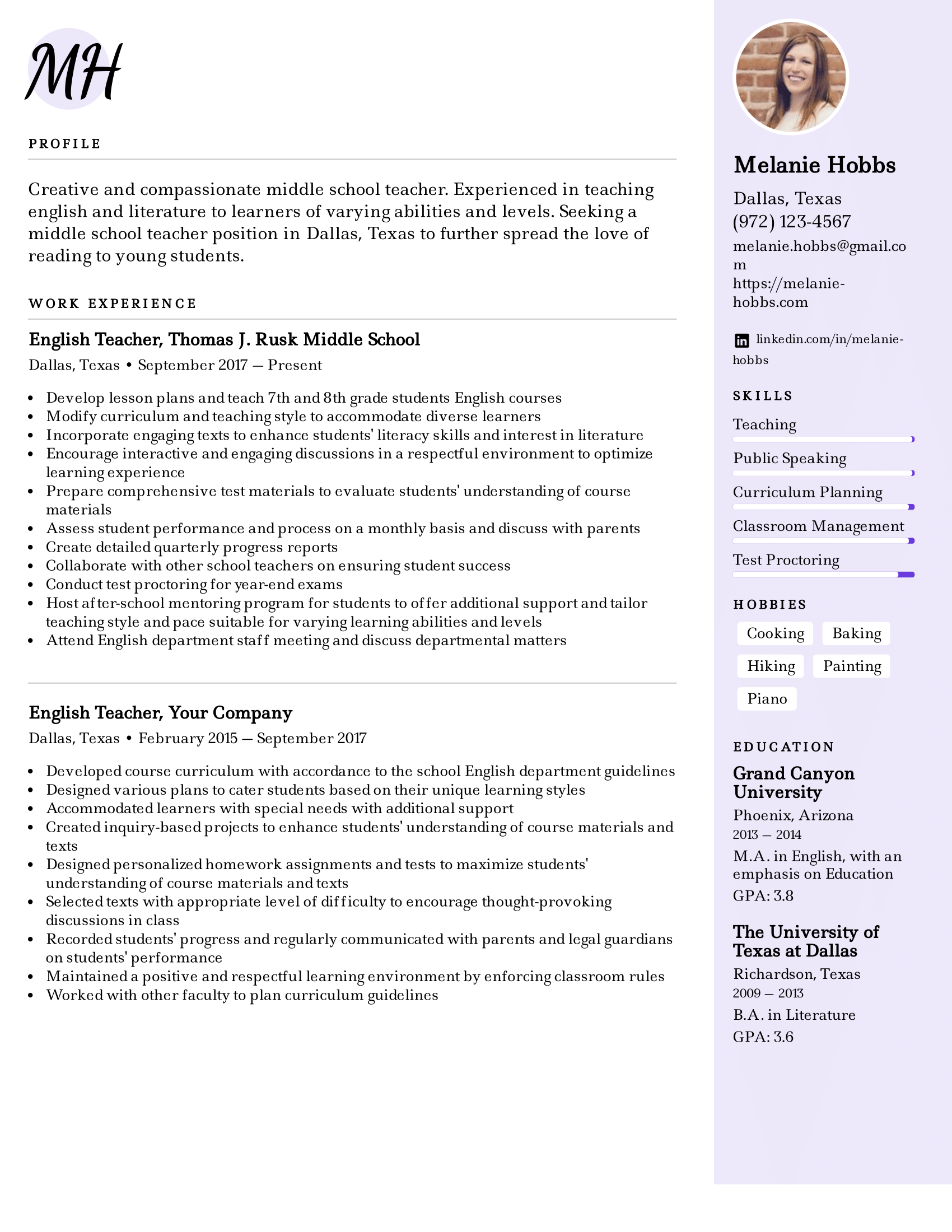Build a beautiful and sturdy resume that fits with our tips for Architects!







Architects plan and design buildings, such as housing complexes, restaurants, and schools. They ensure that buildings fit with safety codes, local regulations, and the clients’ budgets.
See our list of over 350 action verbs to find more.
Architects not only need solid drawing and designing skills, but they also need to be able to communicate with fellow architects, builders, and clients.
Tip: Be specific with your technical skills. Note that you are versed in CADD technology, or that you have expertise in XML, and XML based integration technologies.
Architects generally require a bachelor’s degree in architecture, which can take up to five years. Architects are also required to have real-life experience through three years worth of paid internships. Lastly, they must pass the Architect Registration Examination.
Requirements for licensure vary by state but generally involve the following:
Tip: Employers will likely look into your social media. Keep it professional but also showcase your personality. Additionally, show off your accomplishments! Take pictures of the buildings you helped create, designs you made, or work you find inspiring.
Job Outlook
The job outlook for Architects is growing at 1% per year, which is considered to be slower than average. In 2019 there were 129,900 jobs available.
Average Salary
Architects make $80,750 per year on average. However, salaries could be as high as $137,620 depending on experience, industry, and location.
Top Paying Salaries by State
Search for Architect Jobs
Learn how to format contact information on your resume and what information to share with the hiring manager.
Read this how-to guideDon't know whether you should write a one-page or two-page resume? Find out when it is appropriate to write a two-page resume and learn how to write it correctly.
Read this how-to guideIn this guide, we will cover everything you need to know about including references on a resume, from how to format them to how to know when they should be included at all.
Read this how-to guideYour work experience is a summary of all your hard work, dedication and achievements over the years. Here's how to do justice to your work history.
Read this how-to guideIT is a massively growing industry with tons of potential for professional growth. It’s no wonder why so many applicants are flocking to these jobs! In this guide, we will cover what IT skills are and offer you examples of some of the top skills to include on your resume.
Read this career-advice articleDo you really need a cover letter? Will a hiring manager actually read it? Let's find out why a cover letter is more important than ever.
Read this career-advice articleIf you have ever written a resume, you have probably found yourself wondering whether or not you are including the right information. There are many elements that make up a strong resume and several formats to choose from. In this guide, we will help you determine exactly what to include on your resume in 2025!
Read this career-advice articleColors on a resume could be a major advantage if used correctly. Learn everything you need to know about color on your resume to win the interview.
Read this career-advice article